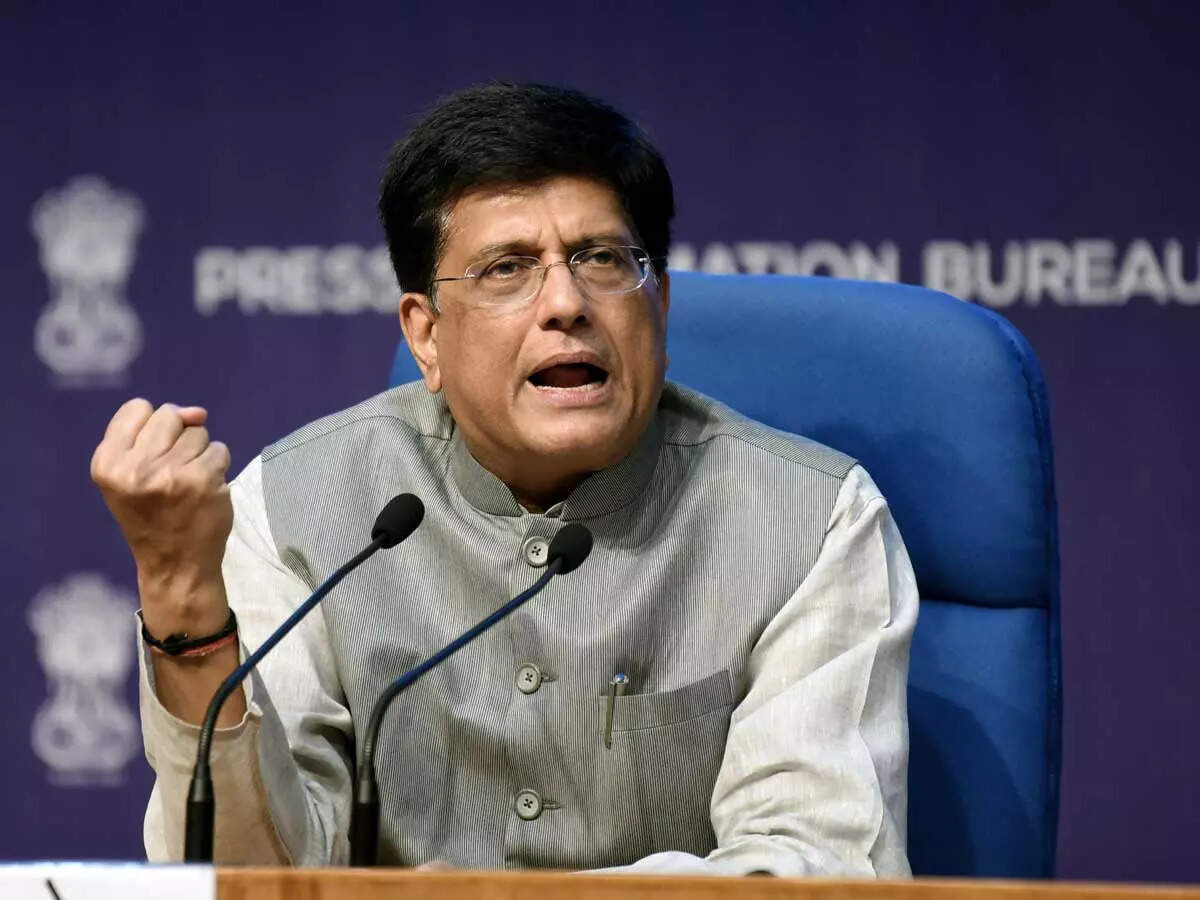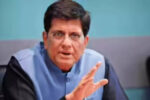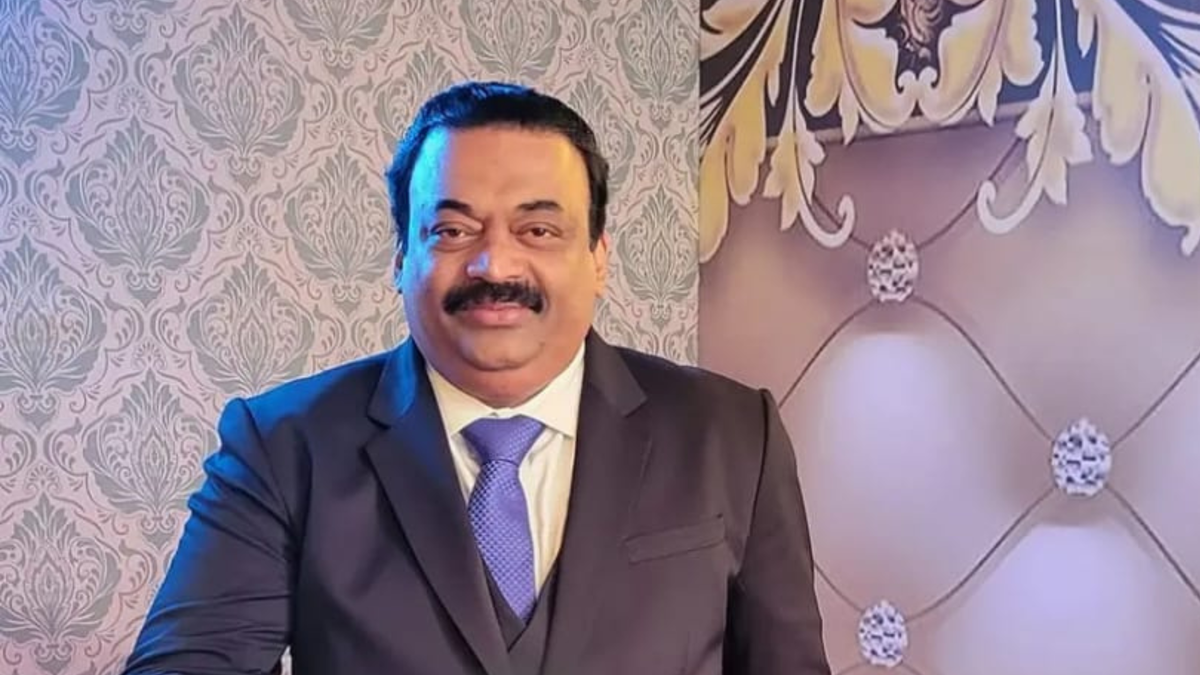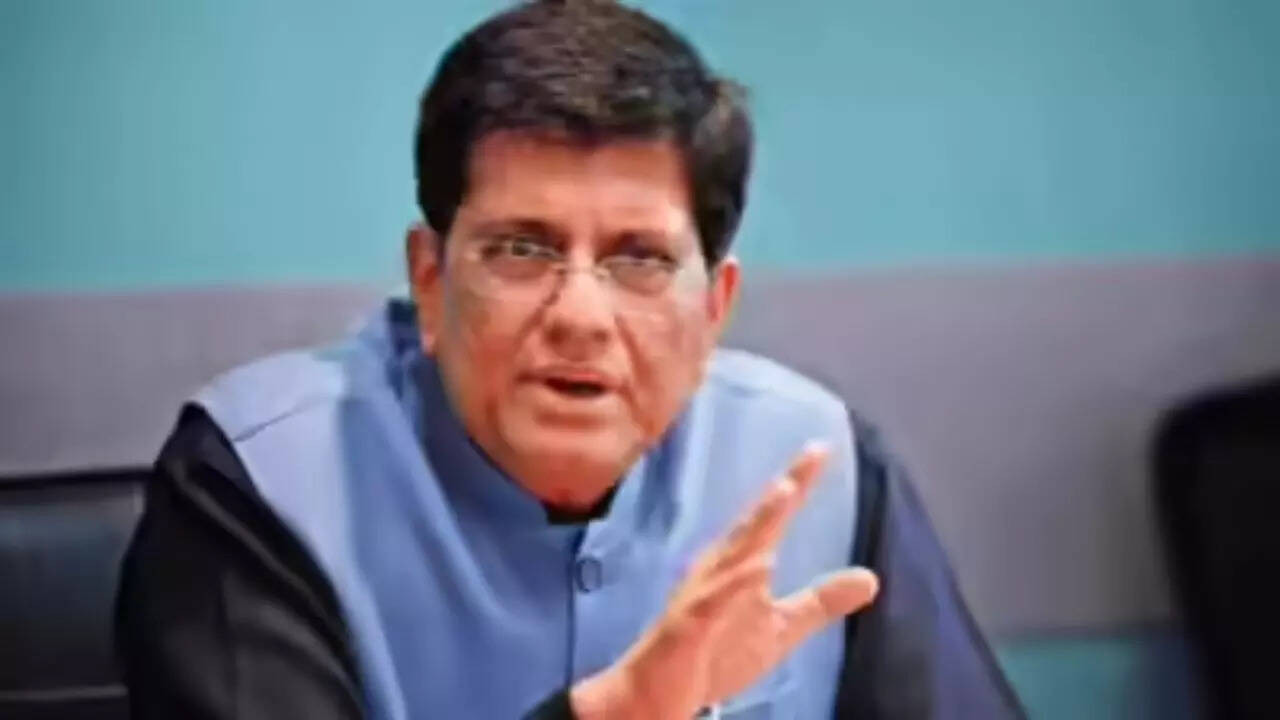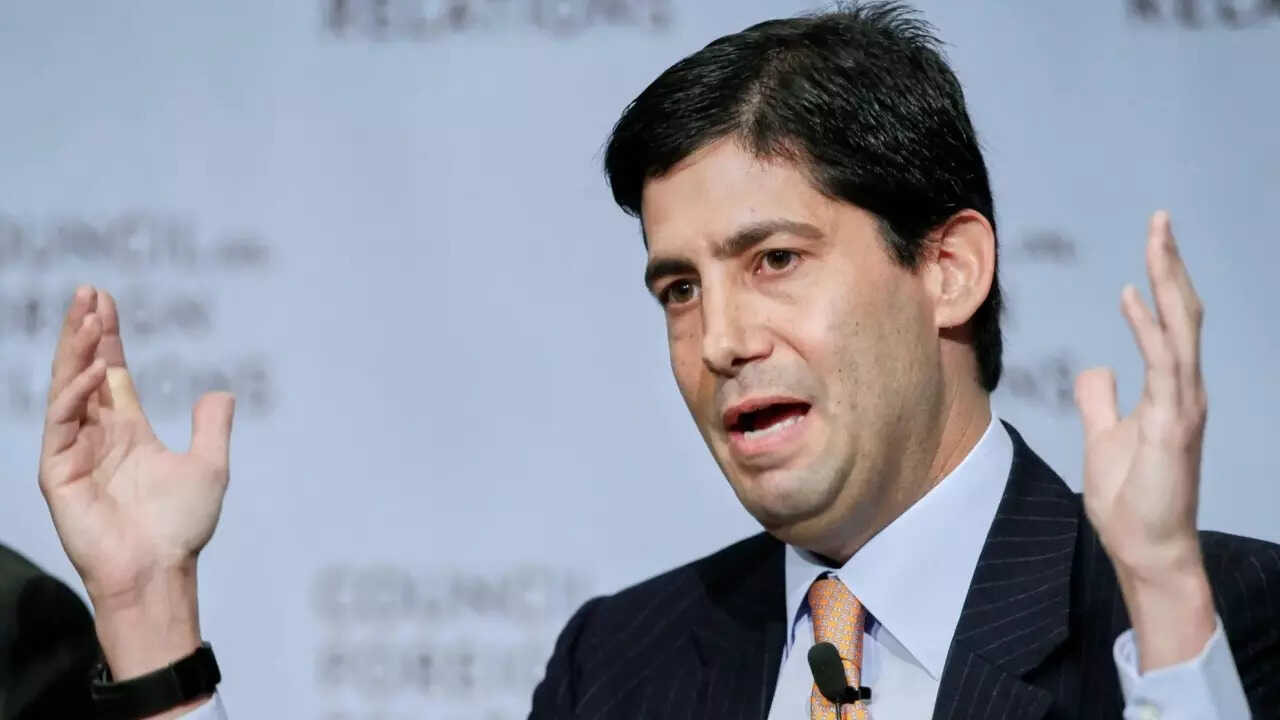India is actively engaged in free trade agreement (FTA) negotiations with key partners like the EU, US, Chile, and Peru, according to Commerce Minister Piyush Goyal. He emphasized the world’s interest in India as developed economies seek trade discussions.
India’s Trade Winds: Charting a Course for Global Partnerships
The global marketplace is a turbulent sea, and India, with its burgeoning economy, is actively navigating its waters, seeking out new trade routes and strengthening existing alliances. Union Minister Piyush Goyal recently provided a glimpse into the intense activity surrounding India’s ongoing Free Trade Agreement (FTA) negotiations, painting a picture of “subah se shaam” (morning till night) dedication to securing beneficial trade deals. So, what exactly is happening behind the scenes, and what does it mean for India’s future on the world stage?
FTA Negotiations: A Whirlwind of Activity
Forget leisurely negotiations over cups of tea. Goyal’s description highlights the sheer intensity of the current FTA talks. India isn’t just dipping its toes in the water; it’s diving headfirst into complex discussions with key players like the United States, Chile, the European Union, and several others. This aggressive approach signifies India’s ambition to become a dominant force in global trade, leveraging its economic strengths and strategic partnerships to fuel growth and create opportunities.
The focus on multiple partners simultaneously is a strategic masterstroke. Diversifying its trade relationships helps India mitigate risks associated with over-reliance on any single market. Think of it as spreading your investments – a more secure and potentially more rewarding approach in the long run. It also allows India to tailor its agreements, ensuring each deal reflects the specific needs and opportunities presented by each partner.
Deep Dive into Key Partnerships and Free Trade Agreements

While details of the specific negotiating points remain tightly guarded, the very mention of the US, EU, and Chile offers valuable insights into India’s priorities. A trade deal with the United States, a global economic powerhouse, could unlock immense potential for Indian businesses, providing access to a vast consumer market and advanced technologies. Similarly, strengthening ties with the European Union, a collective of highly developed nations, promises significant benefits in terms of trade, investment, and technological collaboration.
Chile, on the other hand, represents a gateway to Latin America, a region with considerable untapped potential. An FTA with Chile could pave the way for increased trade and investment flows, allowing India to expand its footprint in this dynamic and resource-rich part of the world.
Beyond the Big Players: A Holistic Approach to Trade
It’s not just about the big headlines. India’s trade strategy extends far beyond these prominent partnerships. The “and more” in Goyal’s statement hints at a broader, more comprehensive approach to trade, encompassing a multitude of bilateral and multilateral engagements. This reflects a clear understanding that global trade is a complex web of interconnected relationships, and that success requires cultivating a diverse portfolio of partnerships.
This also demonstrates a proactive approach to securing access to vital resources and markets. By engaging with a wider range of countries, India can strengthen its supply chains, reduce its dependence on specific suppliers, and enhance its overall economic resilience.
The Potential Benefits of Successful Negotiations
The successful completion of these FTA negotiations could bring a wave of positive changes for the Indian economy. Increased exports, boosted investment, job creation, and access to cutting-edge technologies are just some of the potential benefits. Imagine Indian companies gaining easier access to foreign markets, expanding their operations, and becoming globally competitive.
Consumers, too, stand to gain from lower prices and a wider variety of goods and services. The ripple effect of these FTAs could be felt across the entire economy, driving growth and improving the lives of millions of Indians. Learn more about India’s economic growth strategy.
Navigating the Challenges Ahead
Of course, navigating these complex negotiations is not without its challenges. Balancing competing interests, addressing concerns about market access, and ensuring fair and equitable outcomes require skillful diplomacy and a willingness to compromise. India must also ensure that these agreements align with its long-term development goals, promoting sustainable and inclusive growth.
Charting a Course for Future Prosperity
India’s active pursuit of Free Trade Agreements signals a clear intention to play a leading role in the global economy. The dedication to these negotiations, as emphasized by Goyal, underscores the government’s commitment to securing favorable trade deals that will benefit Indian businesses and consumers alike. As these negotiations progress, the world will be watching closely to see how India navigates the complexities of global trade and charts a course for future prosperity. The commitment to free trade agreements is a key strategy.
